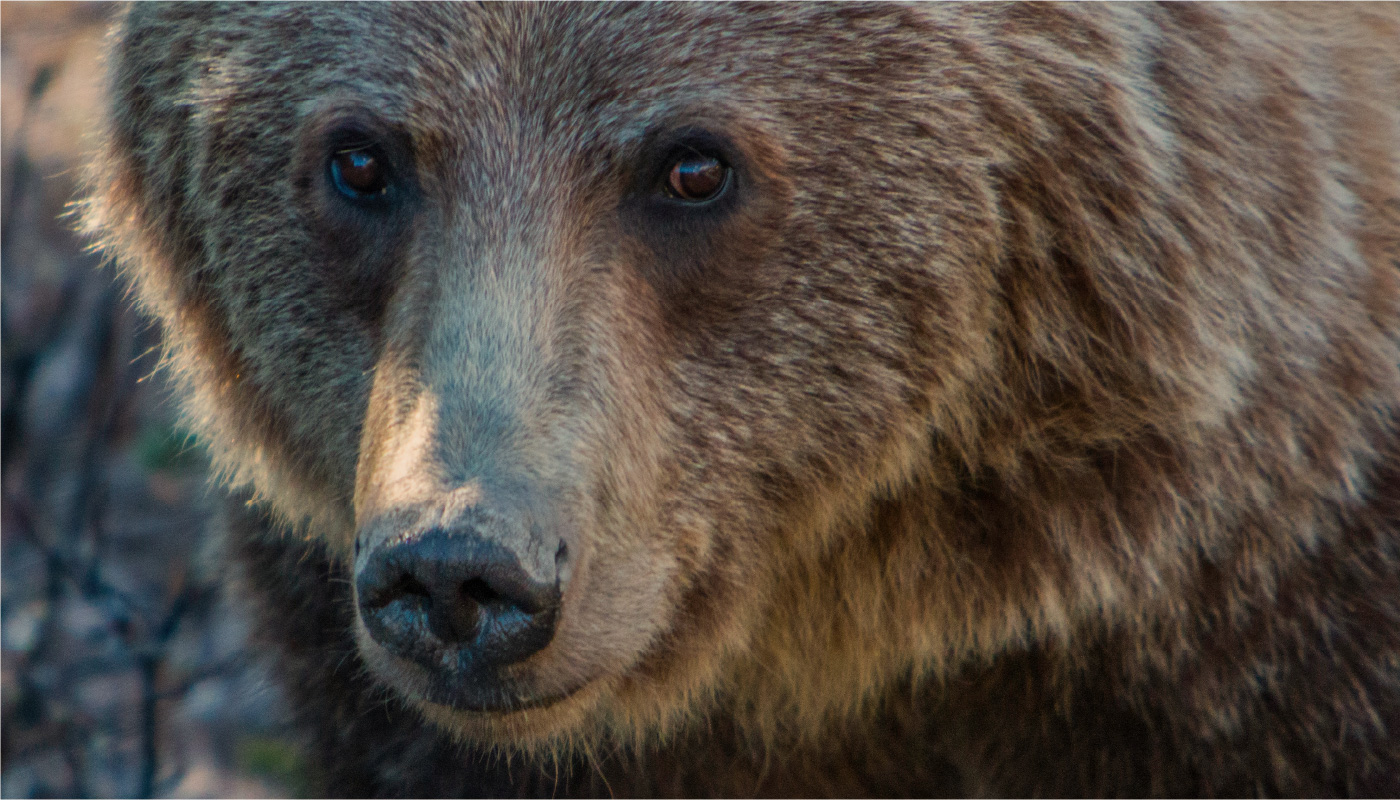In 2017, we awarded Dr. Naima Jutha the Sarah Baker Memorial Fund award for her ambitious project studying B.C.’s Northern Mountain population of woodland caribou. We caught up with the veterinarian and Master’s student in the Department of Ecosystem and Public Health at University of Calgary to learn more about her exciting work.
Canadians have been hearing a lot about caribou lately: we’ve seeing drastic and widespread declines in caribou populations across the country.
Once ranging the country, caribou are one of the Canada’s iconic animals and are more commonly seen on the nation’s quarters by most people rather than in the wild. The Northern Mountain Population of woodland caribou is listed on Canada’s Species At Risk Act as Special Concern, meaning that they might become a threatened or endangered species.
Population trends are concerning: of the 23 herds in British Columbia, seven are decreasing, 15 are unknown, and only one is considered stable. Logistics, financial barriers, and other management priorities have meant that some data on remote Northern Mountain Population just doesn’t exist: survey data on most herds is at least 10 years old.
This affects effective conservation and management, says Dr. Naima Jutha, a veterinarian who’s also a Master of Science student at the University of Calgary.
“Without information on woodland caribou health and numbers, we’re seeing it’s hard to apply wildlife management actions that could actually help them,” she says.
Conventional methods to monitor ungulate populations often involve flying over large areas and counting animals. Jutha realized that approaches from animal health science could offer important contributions — including evaluating disease, body condition, and reproduction which are important factors in how animals cope with stress and change.
Recognizing and incorporating local and Indigenous knowledge of First Nations, guides, and outfitters was a critical part of her research plans, particularly since many people in the region have expressed concerns about possible population declines and changes in caribou behavior.
Jutha’s research is a collaboration among the University of Calgary, the British Columbia’s Provincial Wildlife Health Center, and the Tahltan Guide and Outfitters Association.
Since 2018, thanks in part to funding from the Sarah Baker Memorial Fund grant, Jutha has been conducting in-depth interviews with people in northwest B.C. to estimate caribou health and herd size.
According to Y2Y conservation scientist Dr. Aerin Jacob, one of the unusual parts of Jutha’s approach is the interdisciplinary combination of participatory social science and veterinary medicine.
“Naima’s project is a great example of applied research that benefits from the rich and long-term knowledge held by hunters — people who care about healthy ecosystems and who depend on thriving wildlife populations now and in the future,” Jacob says.
“I was fascinated to learn how interviewees report indicators and trends of caribou health, including evaluating the number of animals that correspond to different levels of fatness. And I’m thrilled that her team at University of Calgary has developed hands-on workshops that share knowledge and build capacity to monitor wildlife disease, health sampling, and data management.”

After interviews, Jutha takes information and analyzes it to draw out common themes. This spring, she’ll go back and validate those identified themes with interviewees. That validation step is another important part of community-engaged research, so that knowledge holders and interview participants get to confirm research based on the information they shared.
Other parts of Jutha’s work include asking outfitters and hunters to collect and send in biological samples of hunted caribou (e.g., blood, tissue, bone). She tests the samples for animal health — both the presence or absence of diseases, as well as chronic stress and nutrition levels.
This part of the project can lead to all sorts of interesting situations, says Jutha — such as flying back to Calgary with five coolers full of caribou bits and pieces. And this information is needed to provide a more holistic view of the health of the Northern Mountain Population herds, beyond how many animals there are.
Asked about the best part of her project, Jutha has no doubt it’s being in the field. “I’ve been up north four times so far, and whenever I’m there I learn so much more than I bring with me. Meeting the guides, outfitters, hunters and community members who are so passionate about local wildlife species and their protection — and seeing how they’re monitoring these populations — it’s been a privilege.”
Read more about Naima’s research in this April 2020 follow-up post.
The Sarah Baker Memorial Fund supports student projects that advance Y2Y’s conservation strategy and result in tangible benefits within the region. Sarah Jocelyn Baker’s appreciation for the natural world and ability to find solutions resonate with the aspirations and vision of Y2Y. We are honored to carry her spirit forward through the Sarah Baker Memorial Fund. Thanks to a gift from her extended family, Y2Y is able to offer grants to post-secondary students and postdoctoral fellows pursuing environmentally related studies in any post-secondary institution.


